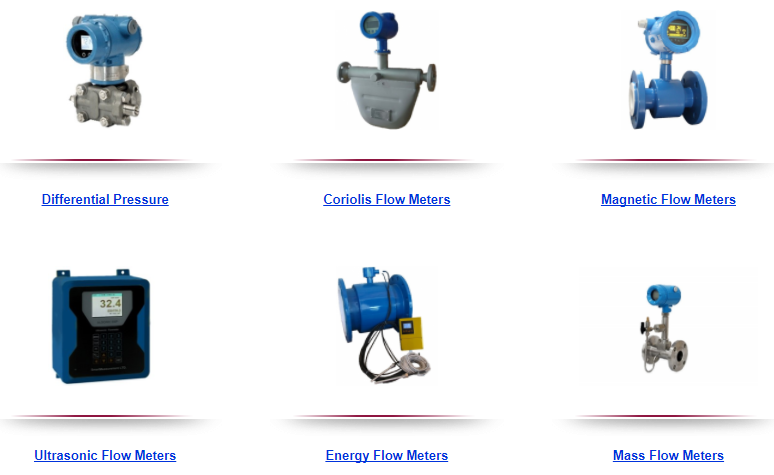Flow meters are also known as liquid meters, flow indicators and gauges, depending on different industries and the terms they use but they all serve the same purpose of measuring flow. Flow meters can simply be defined as devices whose functions are to measure flow rate and quantity of gases or liquids as they move through pipes. There are flow meters that measure how much fluid passes through a pipe within a given period of time while some measure the entire amount of gas or fluid that passes through the meter.
Components of Flow Meters
A flow meter is typically made up of three parts that include a primary device, transducer and transmitter. While fluid goes through a primary device, this is sensed by the transducer that produces a raw signal and sends it to the transmitter. The raw signal is subsequently turned into an applicable flow signal.
Different Flow Meters
Flow meters are available in a variety of types and each of them is suitable for a particular purpose. However, they all have a similar goal of measuring gas or fluid flow through a pipe.
- A positive displacement flow meter is the only meter that can measure actual volume. This type of flow meter works by filling and releasing fluids from the chamber repeatedly. It is also referred to as a rotary piston or volumetric flow meter because of the way it operates.
- Inferential flow meters do not measure mass, velocity or volume. These meters are able to measure the flow by inferring value that is based on other parameters, including differential pressure.
- With velocity flow meters, the fluid flow through the pipe can be measured the flowing stream’s velocity to determine the flow volume.
- Mass flow meters are also referred to inertial flow meters and they measure flow rates of masses of fluid as they travel past fixed or set points within a specified amount of time.
Other varieties of smart measurement flow meters and technology include the coriolis, magnetic, ultrasonic, energy, open channel, turbine and vortex flow meters.
Selecting the Right Flow Meter
- When determining the type of meter you need, it is important to note that the solutions vary. Choosing the right flow meter is dependent on your industry and how the flow meter will be used. It is advisable to consult flow meter specialists who can help you select a meter that is suited to your specified needs.
- Some of the factors to consider when buying a flow meter for a company include the liquid or gas you will measure, accuracy level, viscosity and temperature of the fluid, fluid flow, and compatibility with the flow meter materials.
- Flow meters feature different applications and limitations and an effective way to ensure that you make the right choice is to base it on how the equipment will be used.
Conclusion
Mass flow measurement is essential in process industries. Measuring the flow of fluid that may be gas or liquid is a critical and common parameter in several processes. In many operations this is associated with the basic concept of the overall process, which is to know that the right fluids are at the right places and times.
Related Posts

Loves home. I am here to provide how to make your home a much better place. 🙂 Blogging about HomeDecor, Home Improvements and more.











